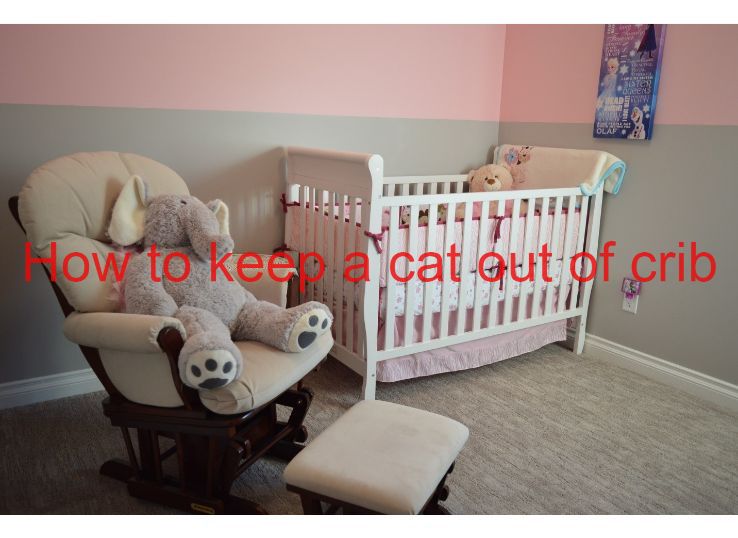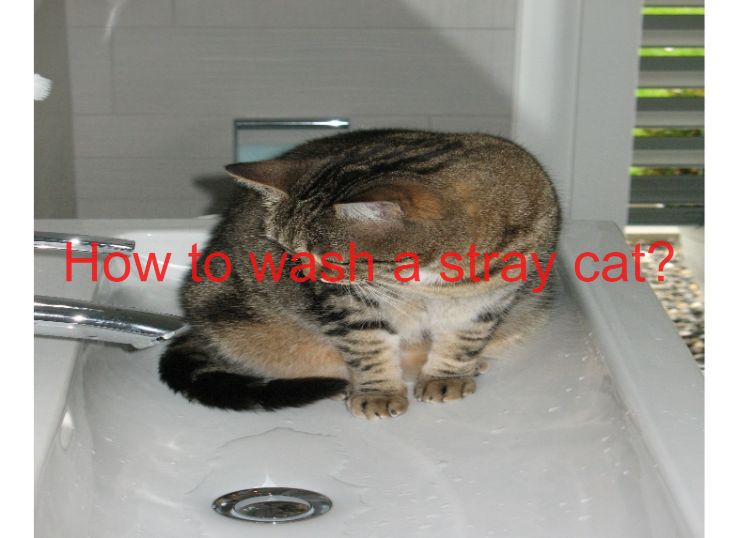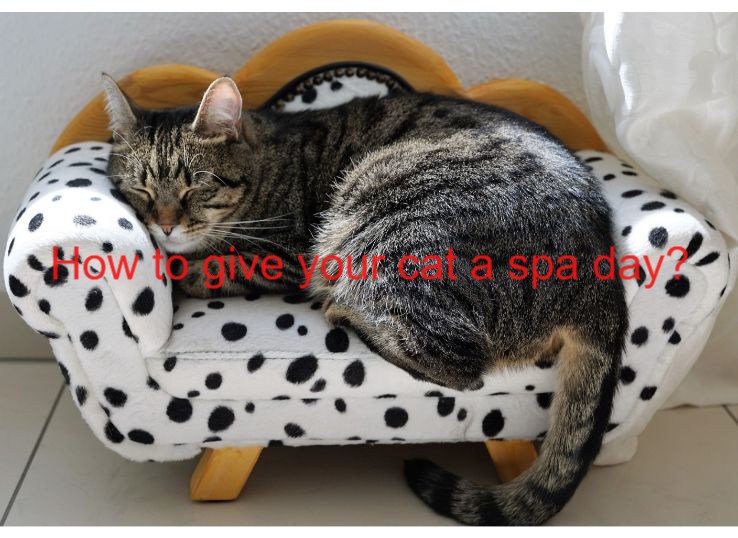How to keep Cat Out of Room Without Door? 7 Easy Ways

Surely one of nature’s most curious creatures, the cat possesses the ability to slip into rooms without doors. Even if you lock and close the door, your cat’s scratching and meowing within a short period can become unbearable. So how to keep cat out of room without door?
The good thing is that cats are easily distracted, so you don’t have to put a door on them to keep them away.
Table of Contents
How to keep Cat Out of Room Without Door? 7 Best Ways
When you live in a house full of cats, it’s hard to keep a room clean. If you follow these tips, you will know how to keep your cat out of room without door?
The best method to keep your cat out of a room without a door is to ensure you’ve appropriately protected the room first. Such as, you should ensure there aren’t any spaces they can jump from end to end or creep through from.
If you are keeping a kitten, fix a baby gate to hinder the cat-free area. If you contain a small room, go for filling it using a litter box or some boxes to pretend the feeling of a room lacking a door.
1. Electronic cat repellents
2. Use a Scent Deterrent
keep your cat out using the scent deterrent. Doorways can be treated with spray-on repellents. Your cat’s nose is usually turned off by the smell of these repellents. These types of repellents are often ignored by cats, so reapplying them is essential. Read the label carefully for instructions.
3. Use a sound deterrent.
Animals generally do not like loud noises; cats are no exception. It’s important to keep in mind; however, loud noises will still attract attention, so beware of doing so yourself. As soon as he hears the scary sound, he’ll associate it with you rather than the door or room. So, keep your cat out by using a sound deterrent.
4. Utilize orange and citrus rinds
In addition to artificial scents, you can also make use of real scents to keep cats away! Your cat will need to be kept away from your house while the orange and citrus rinds deteriorate and grow bacteria.
5. Blocking the Doorway to the Room
Installing doors sooner rather than later is a good option. Besides retractable screens, other choices include wooden screens, regular screens, bifold doors with hinges, and simple frames for doors. They are relatively inexpensive.
6. Train Your Cat

Training means allowing your pet to feel that the room she is supposed to be in is both warm and comfortable in all aspects. Your cat will be more likely to return to her room if you associate some good vibes and good things with it. You can, for instance, scatter a few tasty treats or some fun playthings that are sure to keep her occupied until bedtime.
7. Electronic mats
We have found that electronic mats work well. The annoying sensation under the paws will make your cat stay away from the area. This mat can be used in other parts of your house, like your couch or favorite chair, once you’ve trained it.
8. Ignore Scratching
If you’re closing the door and your feline is scratching to try to enter in the room, the final thing that you can do is to allow her in or even provide her negative consideration to get her away from the door. That’s why your feline typically likes attention, if it’s negative.
Besides, if you’re anxious about your feline scratching up the door, there are some things you can do. Cats don’t enjoy scratching sticky materials; thus, you can place double-sided tape on the lowermost of the door.
Furthermore, you can also consider aluminum foil, as cats don’t like the sensation or the sound of aluminum foil. If you are anxious about the appearance of the tape or aluminum foil, remember that this must be a temporary thing. When your cat becomes used to the circumstance that they can’t get in the room, you must be able to eliminate the tape or the aluminum foil, and your feline shouldn’t scratch the door
Frequently Asked Question
Q: What scents do cats hate?
Oranges, lemons, limes, limes, bananas, and other citrus fruits are not appealing to cats. Many cat repellent products contain this scent.
Q: Why are cats scared of cucumbers and bananas?
The cats have not passed a sniff test on cucumbers alone. Cats are thought to be attracted to this smell due to the chemicals contained in the banana’s outer skin, which are toxic to them. Similar reasons account for cats’ dislike of citrus scents and citrus fruits.
Q: Does aluminum foil irritate cats?
Aluminum foil is an effective deterrent for keeping cats away from surfaces you do not want them to walk on since cats dislike the way it feels and sounds under their paws. You just need some foil.
Conclusion
It is not necessary to do all the things listed above to keep your cat out of the room without a door. A simple deterrent is usually sufficient. To keep your cat out of the room while ensuring that it is happy, healthy, and behaving properly, you will have to take these steps.






